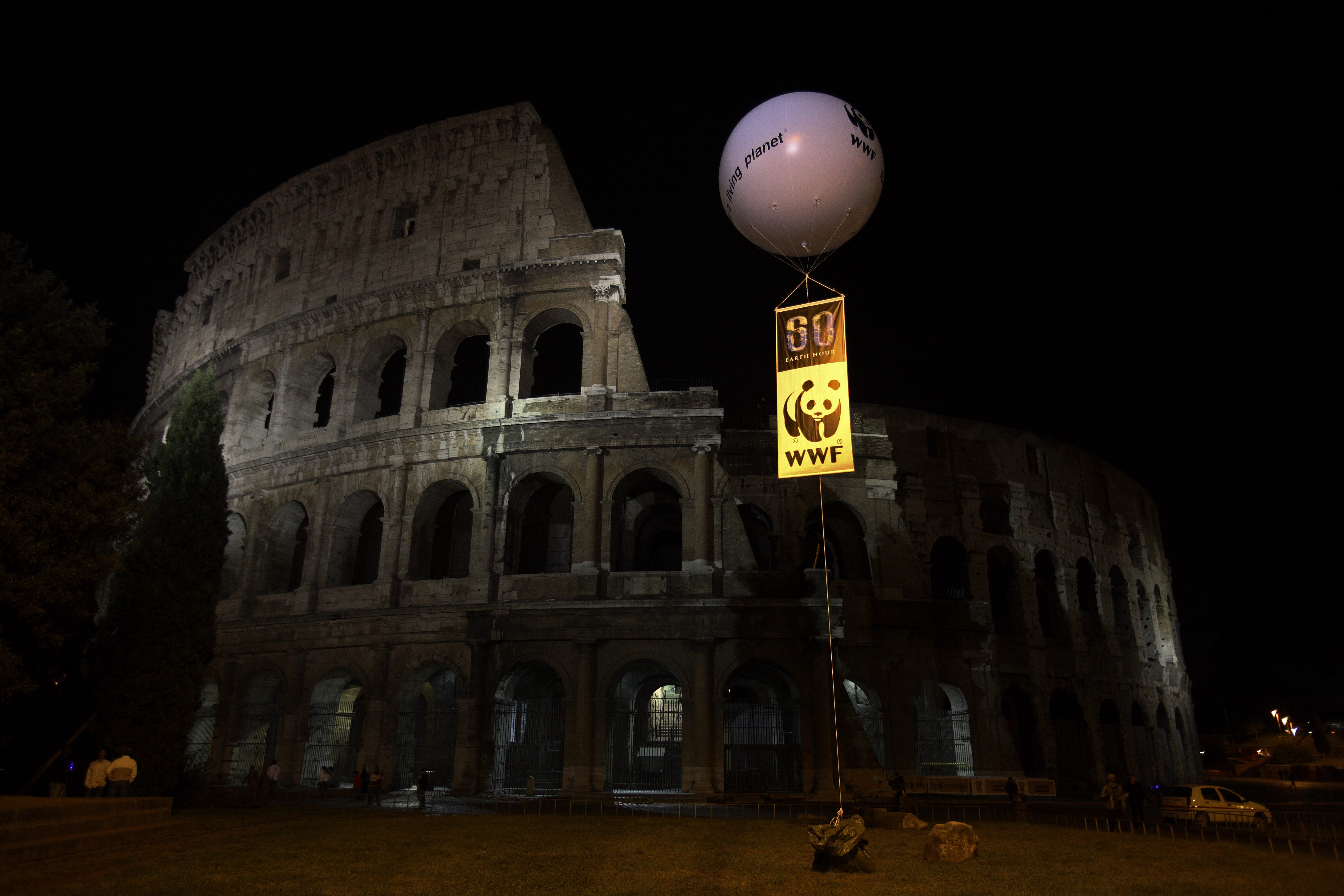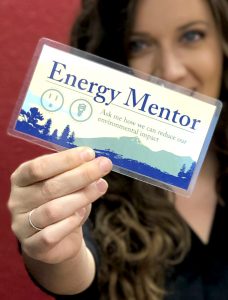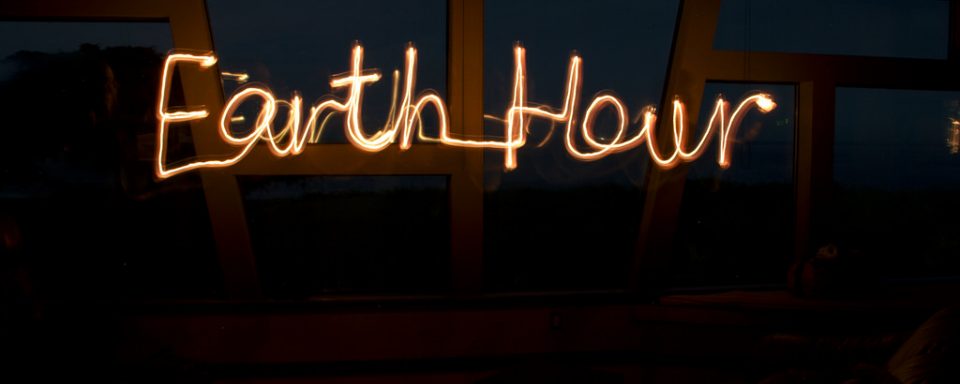People throughout the world are bringing issues of climate change to light by partaking in an hour of darkness.
This Saturday, NAU students and Flagstaff residents will flip the switch and join hundreds of thousands of people to celebrate Earth Hour—an event held annually encouraging individuals, communities and businesses to turn off non-essential electric lights for one hour—from 8:30-9:30 p.m. March 30.
The worldwide movement, organized by the World Wide Fund for Nature (WWF), started in Sydney, Australia in 2007, in hopes of engaging citizens on the issue of climate change. Since then, it has grown to include more than 7,000 cities and towns across 187 countries and territories to raise awareness for energy consumption and its effects on the environment.

“This is a very important worldwide event because it helps spread mass awareness about the importance of mitigating climate change through the reduction of energy consumption, and allows people to feel connected to a movement larger than their individual actions,” said Abigail Harman, conservation manager in the Office of Sustainability. “It sheds light on the impact of people’s consumption and encourages them to take a step back, enjoy the beauty of nature and rethink how they consume.”
With the intention of encouraging individuals, businesses and governments around the world to take accountability for their ecological footprint, participation in Earth Hour symbolizes a commitment to change beyond the hour. According to Harman, it’s important to be thinking about energy consumption year-round.
[block-quote align=”center”]Participating in Earth Hour is a great step in the right direction. But after the hour is over, that doesn’t mean you should stop being mindful of energy use.[/block-quote]
To keep the conversation going and help mitigate some of the negative effects humans have on the planet, Northern Arizona University has an array of programs that demonstrate the university’s commitment to being environmentally conscious—the Energy Mentor program is one of them.
“We teach faculty and staff about the three pillars of sustainability—environmental, social and economic—and the importance of using them as a framework or lens when looking at consumption; the principles of energy and waste reduction including Flip the Switch, Reduce the Juice and Axe the Trash; and how they can become involved in the broad culture of sustainability of NAU’s campus.”

Other programs and departments at NAU that promote conservation include: the Office of Sustainability and its conservation programs, which educate students, faculty and staff about climate change, sustainability, energy conservation and more; the Green Fund, which implements student sustainability projects using the money generated from the Green Fee; the Environmental Caucus, which actively works on engaging all members of NAU’s campus through various action teams that work toward making NAU carbon neutral; and more.
“Since partaking in the Energy Mentor program, I’ve become a lot more aware of how I use energy,” said Carly Banks, media relations officer. “Now, I turn off my power strips when devices aren’t in use and make a point of turning off the lights every time I leave a room. I look forward to celebrating Earth Hour with people throughout the world by lighting some candles, unplugging (literally and physically) and enjoying our dark sky.”
ASNAU is hosting an Earth Hour celebration from 8-10 p.m. March 30 in the Central Quad, where students will enjoy fire dancers, long exposure photography and other electricity-free activities.
[accordion]
Common myths surrounding energy consumption
Myth: Turning off appliances means they aren’t using energy.
Truth: Vampire energy, the electric power consumed by many consumer electronic devices when they are switched off but still plugged in, uses up a significant amount of energy.
Fix: Plug your devices into a power strip and turn it off when they’re not in use. This will not only prevent energy from being wasted, but will also save you money.
Myth: More energy is wasted if you switch a light on and off than if you just leave the light on.
Truth: Even if you leave a room for five minutes, more energy is wasted during those five minutes of the light being on than the small fraction of energy it takes to turn the light back on.
Fix: Turn lights off whenever you leave a room, no matter how soon you plan to return.
Myth: Space heaters are a sustainable way to keep my space warm in the winter.
Truth: Space heaters use a significant amount of energy to power and are one of the worst offenders when it comes to vampire energy.
Fix: Dress in layers or use a blanket—heat your body rather than your space. Even upgrading to a heated blanket saves a significant amount of energy.
[/accordion]




